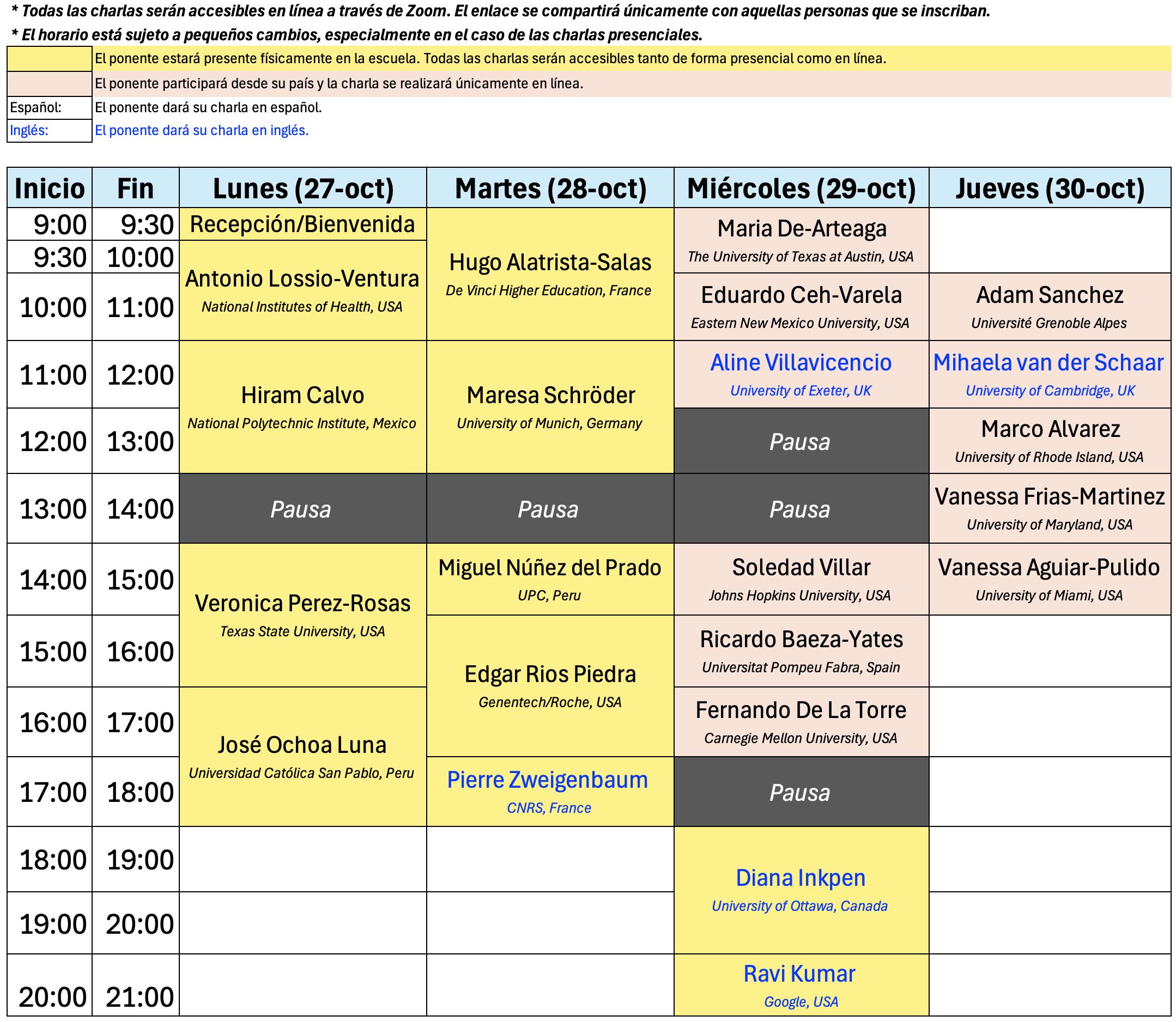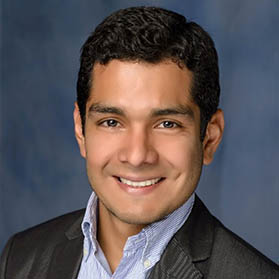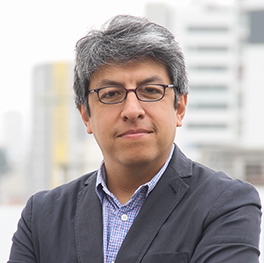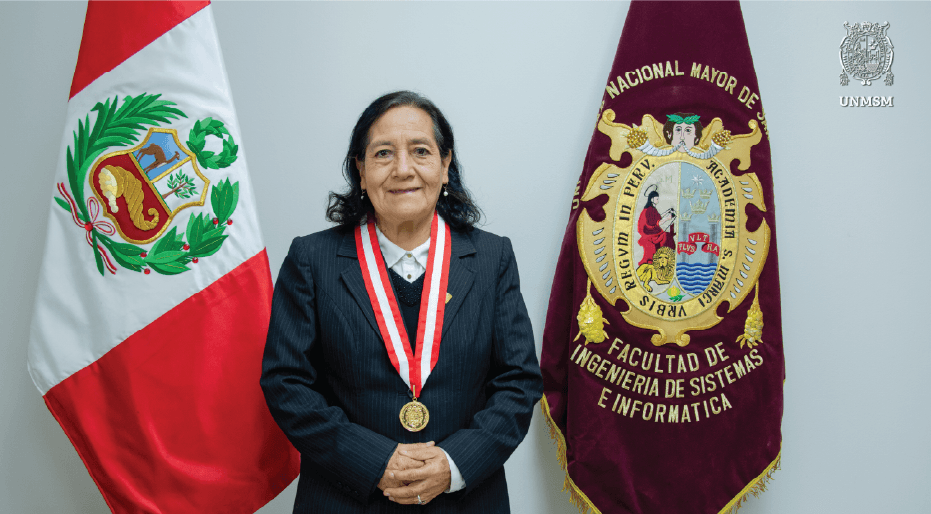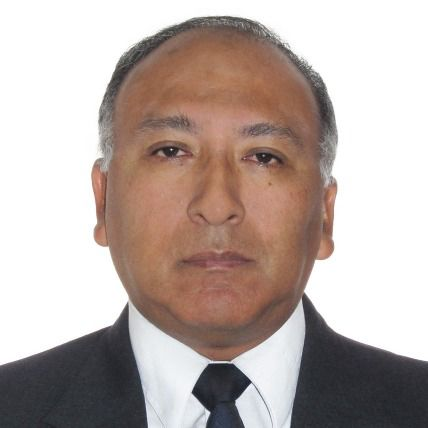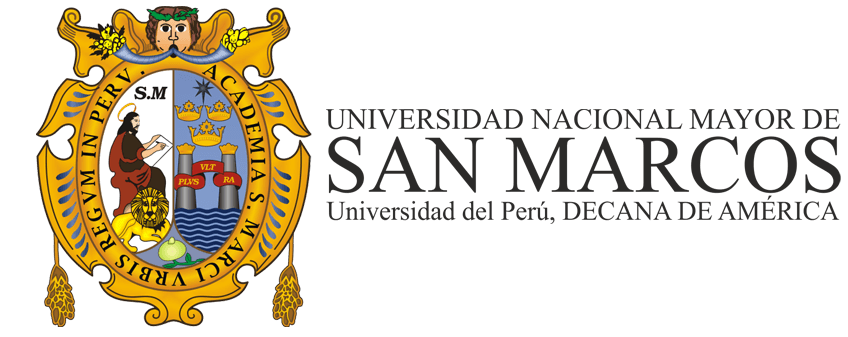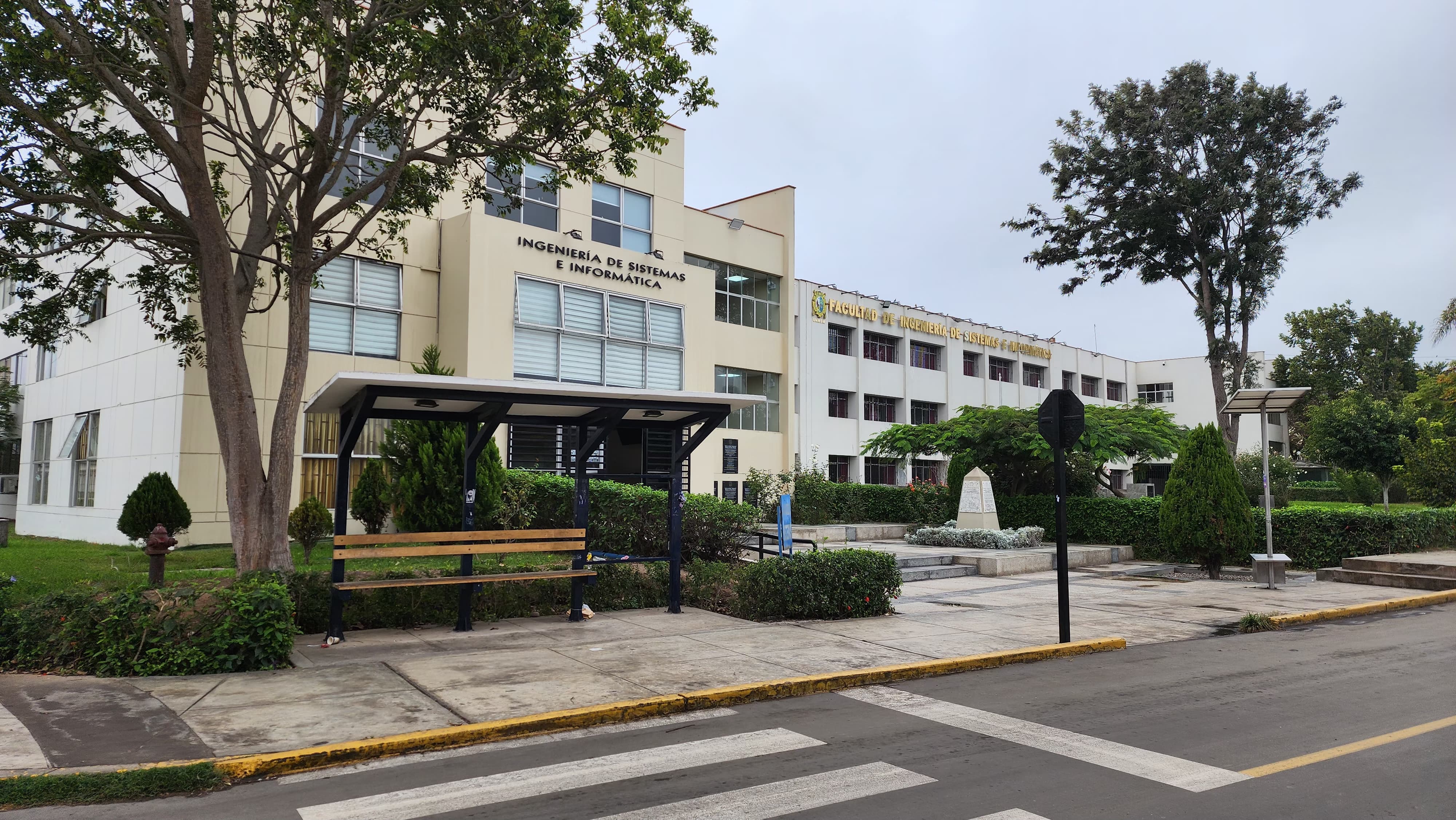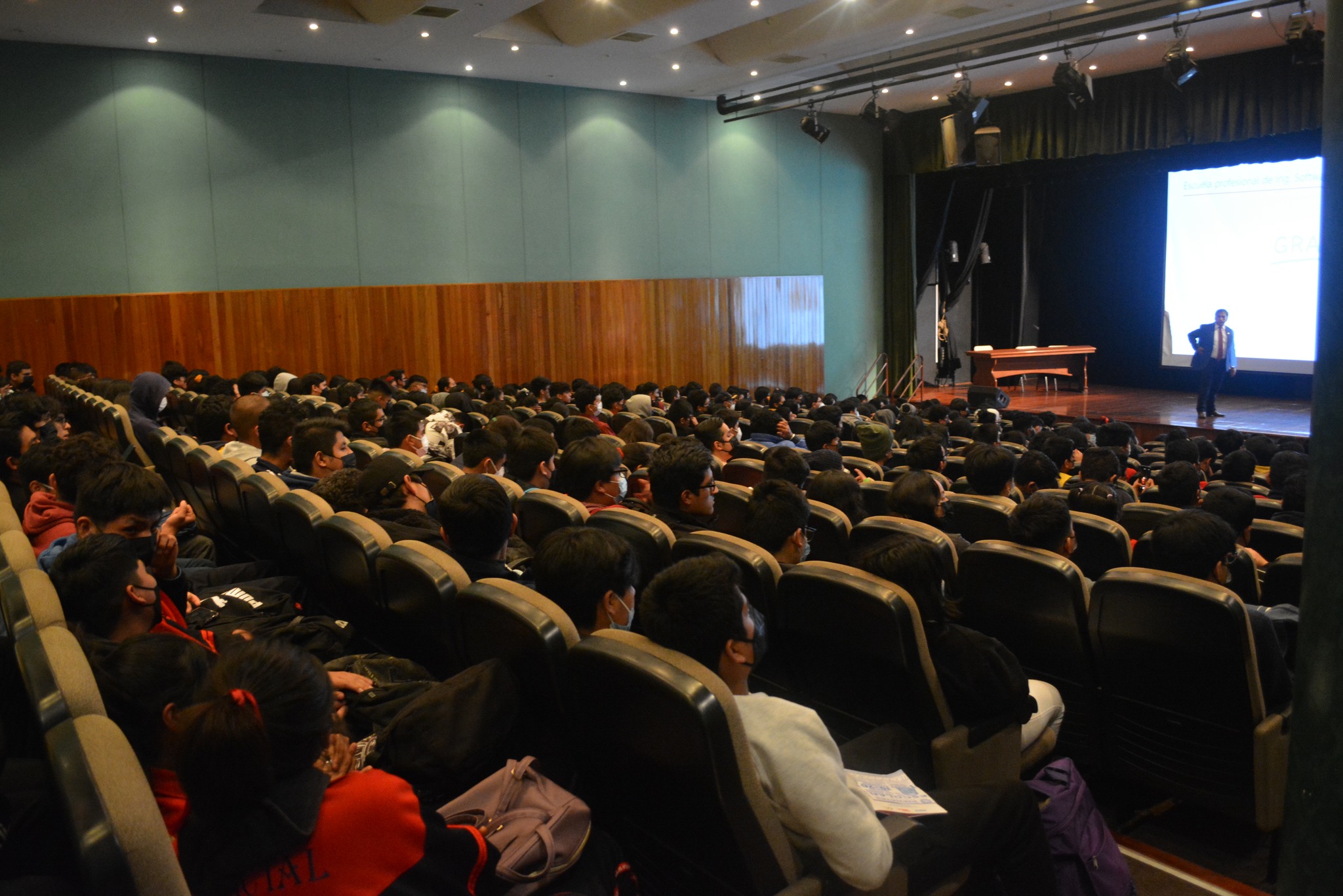Keynote Speakers

Diana Inkpen
University of Ottawa, Canada
Professor at the University of Ottawa, School of Electrical Engineering and Computer Science. Her research focuses on Computational Linguistics and Text Mining applications. She has organized seven international workshops and served as program co-chair for the AI 2012 conference.
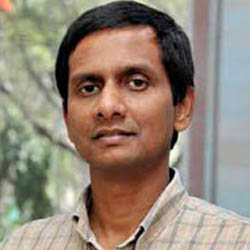
Ravi Kumar
Google Research scientist, USA

Senior staff research scientist at Google since 2012. Prior to this, he was a research staff member at the IBM Almaden Research Center and a principal research scientist at Yahoo! Research.
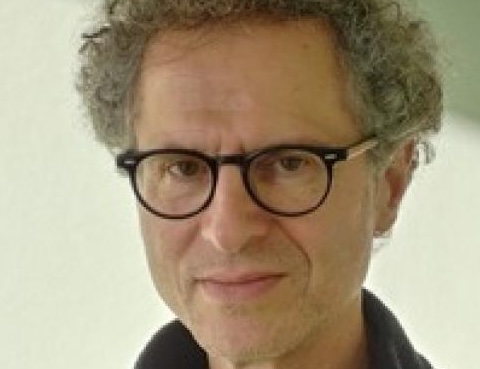
Pierre Zweigenbaum
CNRS, France
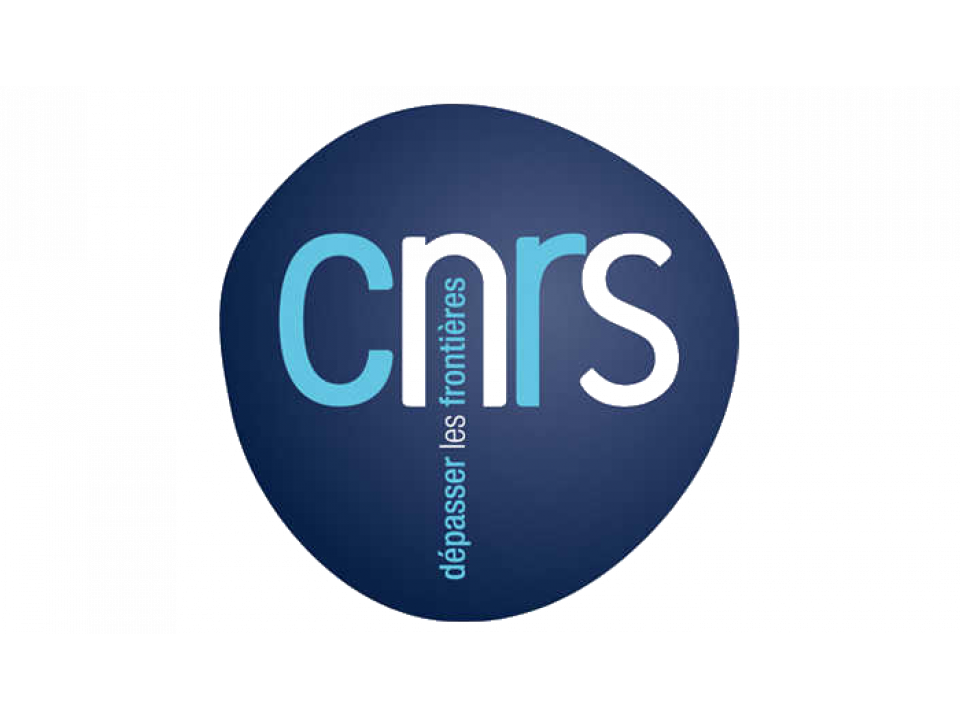
Pierre Zweigenbaum is a Senior Researcher at the Interdisciplinary Laboratory for Digital Sciences (LISN, Orsay, France), a laboratory of the French National Center forScientific Research (CNRS) and Université Paris-Saclay, where he has led the ILES Natural Language Processing group. Before CNRS he was a researcher at Paris Public Hospitals in an Inserm team. He also was a part-time professor at the National Institute for Oriental Languages and Civilizations. His research focus is Natural Language Processing, with medicine as a main application domain. He has also designed methods to acquire linguistic knowledge automatically from corpora and thesauri, to help extend monolingual and bilingual lexicons and terminologies, using parallel and comparable corpora.
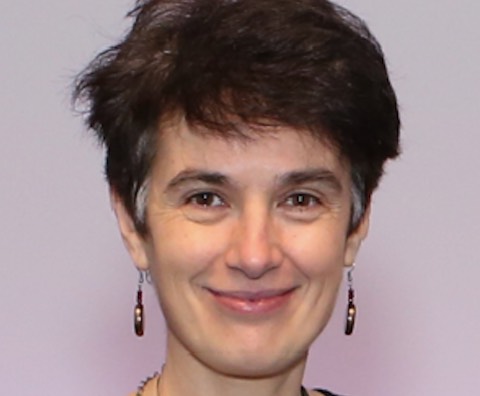
Mihaela van der Schaar
University of Cambridge, UK

Mihaela van der Schaar is the John Humphrey Plummer Professor of Machine Learning, Artificial Intelligence and Medicine at the University of Cambridge. In addition to leading the van der Schaar Lab, Mihaela is founder and director of the Cambridge Centre for AI in Medicine (CCAIM). Mihaela was elected IEEE Fellow in 2009 and Fellow of the Royal Society in 2024. She has received numerous awards, including the Johann Anton Merck Award (2024), the Oon Prize on Preventative Medicine from the University of Cambridge (2018), a National Science Foundation CAREER Award (2004), 3 IBM Faculty Awards, the IBM Exploratory Stream Analytics Innovation Award, the Philips Make a Difference Award and several best paper awards, including the IEEE Darlington Award. She was a Turing Fellow at The Alan Turing Institute in London between 2016 and 2024. In 2025, she was appointed as Spinoza Guest Professor at Amsterdam University Medical Center.
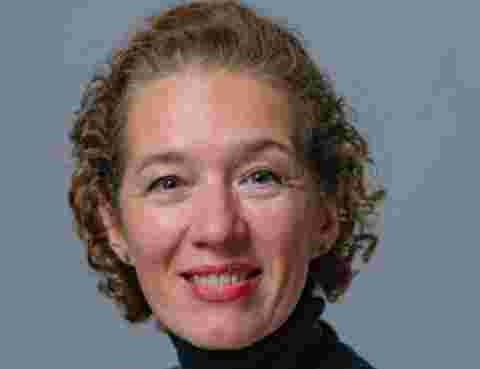
Aline Villavicencio
University of Exeter, UK

Director of the Institute of Data Science and Artificial Intelligence at University of Exeter, affiliated with the Department of Computer Science at University of Sheffield (UK), and Fellow at the Alan Turing Institute.

Fernando De La Torre Frade
Carnegie Mellon University, USA

Fernando is a Research Professor in the Robotics Institute at Carnegie Mellon University’s School of Computer Science, where he directs the Human Sensing Laboratory (humansensing.cs.cmu.edu) and co-direct the Extended Reality Technology Center (cmu.edu/xrtc). His research focuses on computer vision and machine learning, with particular emphasis on human sensing, augmented reality, and virtual reality. With over 25 years of experience in the field, He has authored more than 240 peer-reviewed publications in leading conferences and journals. He has mentored over 245 researchers, including Ph.D. and M.S. students, postdoctoral fellows, visiting scholars, and project scientists. He actively contributes to the research community, having served as an Area Chair for top-tier computer vision conferences and as an Associate Editor for the IEEE Transactions on Pattern Analysis and Machine Intelligence. In addition to my academic endeavors, He is also a serial entrepreneur. He founded FacioMetrics, a computer vision startup that was acquired by Meta. My work at Meta contributed to the development of foundational AR/VR technologies, including face tracking, background removal, and hair color simulation—now used by nearly 40% of the global population across platforms like Instagram, Messenger, and Facebook. I also played a key role in the development of the face tracking system for Meta Quest Pro.
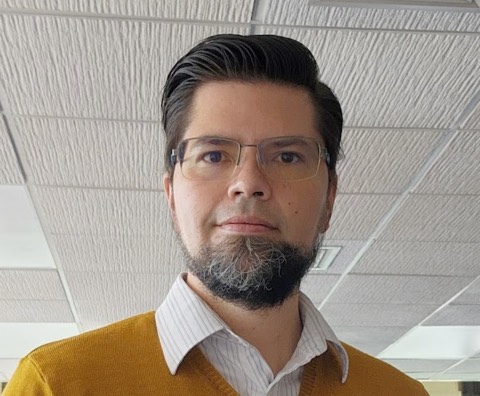
Hiram Calvo
National Polytechnic Institute, Mexico

Founder of the Computational Cognitive Science Laboratory, which he currently leads at the Center for Computing Research of the National Polytechnic Institute, Mexico. He is a member of the Mexican National System of Researchers (Level II), IEEE, the Mexican Academy of Sciences, and serves as president of the Mexican Association for Natural Language Processing.

Veronica Perez-Rosas
Texas State University, USA

Veronica Perez-Rosas is an Assistant Professor at Texas State University. She received her Ph.D. in Computer Science and Engineering from the University of North Texas in 2014 and was an Assistant Research Scientist at the University of Michigan until August 2024. Her research interests include natural language processing, computational linguistics, affect recognition, and multimodal processing of human behavior. Her current work focuses on user-centric applications for the healthcare domain. She has authored several papers in leading conferences and journals in Natural Language Processing and Computational linguistics and served as a program committee member for multiple international journals and conferences in the same fields.
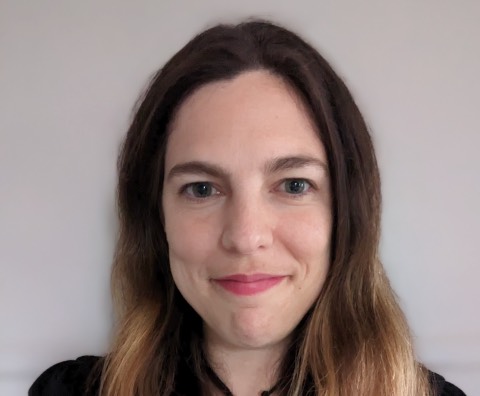
Soledad Villar
Johns Hopkins University, USA

Soledad Villar is a professor of applied mathematics and statistics at Johns Hopkins University in the United States. Originally from Uruguay, Soledad studied mathematics at the University of the Republic and computer engineering at the Catholic University of Uruguay. She received her PhD in mathematics from the University of Texas at Austin and did postdoctoral studies at the University of California at Berkeley and New York University. She was also a visiting professor at Apple Research in Paris and at the Flatiron Institute of the Simons Foundation in New York.

Maresa Schröder
Ludwig Maximilian University of Munich, Germany
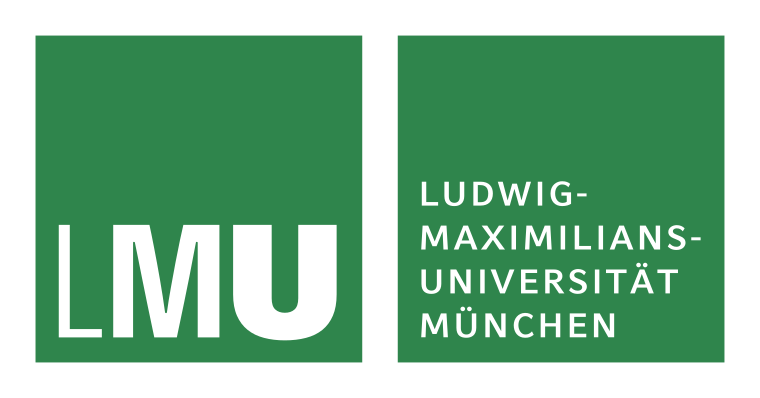
Maresa Schröder is a final-year computer science PhD student at LMU Munich. She holds a mathematics master’s degree from Technical University of Munich and bachelor’s degrees in economics and mathematics. Her research interest lies in causal machine learning with a special focus on trustworthy treatment effect estimation, such as the development of uncertainty quantification and robust estimation methods. Furthermore, she is interested in developing advanced causal methods for medical applications. Maresa has fostered international collaboration as a visiting researcher at leading academic institutions in the US and the UK. She has published research papers at top machine learning conferences and presented her work in invited talks globally.
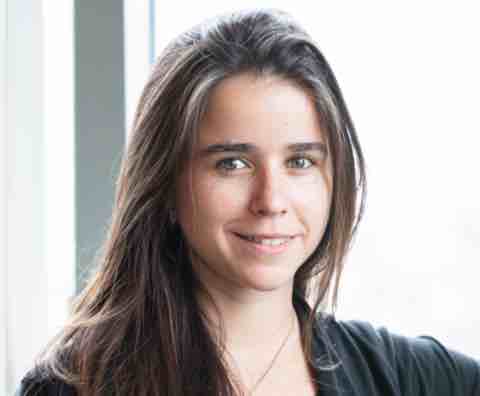
Maria De Arteaga Gonzalez
The University of Texas at Austin, USA

Maria De-Arteaga is an assistant professor at The University of Texas at Austin’s McCombs School of Business. She is also a core faculty member of the Machine Learning Laboratory and a Good Systems researcher.

Vanessa Aguiar-Pulido
University of Miami, USA

Dr. Vanessa Aguiar-Pulido is passionate about problem solving in biomedical research, with a focus on developing tools and algorithms that will impact diagnosis and therapeutics of rare and complex genetic disorders. Her background and interests include big data analytics, machine learning, artificial intelligence, bioinformatics, neuroscience, data mining, ontologies, biomedical data integration, health informatics, epigenetics and omics in general. Her lab is at the interface of Computer Science and Biomedical Sciences, and her research focuses on understanding the underlying genetic causes of monogenic and complex disorders, how these causes can be influenced by environmental factors, and how these findings can be applied to clinical practice.
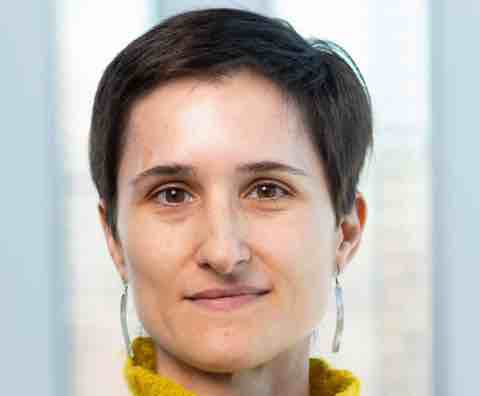
Vanessa Frias-Martinez
University of Maryland, USA

Dr. Vanessa Frias-Martinez is an Associate Professor in the UMD College of Information and UMIACS and an affiliate associate professor in the Department of Computer Science. She also leads the Urban Computing Lab.

Edgar Eduardo Ceh-Varela
Eastern New Mexico University, USA

Dr. Edgar Eduardo Ceh-Varela is an Assistant Professor of Computer Science at Eastern New Mexico University (ENMU), USA. He obtained his Ph.D. in Computer Science in 2021 from New Mexico State University (NMSU). He also has a Doctorate in Computer Systems from Universidad del Sur, a master’s in Information Technology Systems from Universidad Interamericana para el Desarrollo, and an Engineering in Computer Systems from Instituto Tecnologico de Merida, all these in Mexico. His research topics include Applied Machine Learning, NLP, Recommender Systems, and currently Agentic AI. Because of these areas of research, he was the coordinator of the AI Research and Development subcommittee for ENMU. He has several research articles in international venues. Currently, he is the ENMU’s Computer Science club mentor and coordinates the “Emerging Machine-learning Modeling and Analysis” (EMMA) lab, where his students work on multiple AI research projects that have won local and state awards. For this effort he is the recipient of the 2025 NM EPSCoR Outstanding Mentor Award.
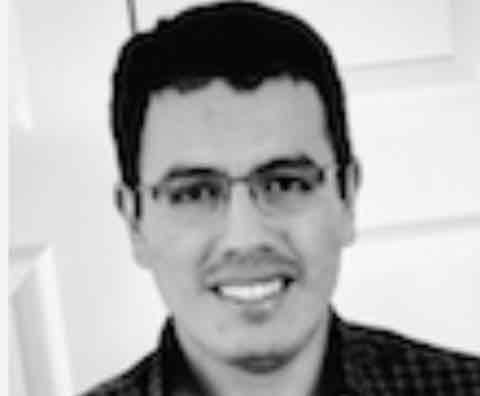
Marco Alvarez
University of Rhode Island, USA
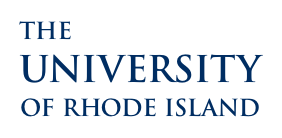
Marco Alvarez joined URI in 2015 after working in the Department of Computer and Information Sciences, University of Delaware as a visiting scholar. I graduated with a Ph.D. in CS from the Computer Science Department, Utah State University, a M.S. in CS from the Instituto de Ciências Matemáticas e de Computação, Universidade de São Paulo, and a B.S. in CS from Faculdade de Computação, Universidade Federal de Mato Groso do Sul. Note to prospective students: I am always looking for self-motivated students who are interested in pursuing Master’s or Ph.D. research. If you are interested in joining our graduate program, please look carefully at Graduate Admissions for further information. Teaching Assistantships may be available for strong candidates. While I welcome inquiries by e-mail, please be advised that I am generally unable to reply to all inquiries.
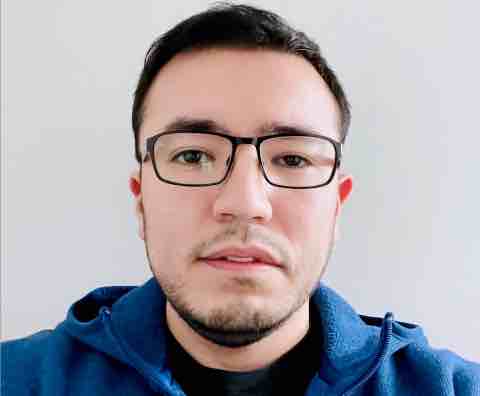
Edgar Rios Piedra
Genentech/Roche, USA

Edgar Rios is a scientist and researcher working in the field of developing computational technologies and applications focused on medical imaging and health. His career and experience include projects in medical informatics, neurology, MRI, CT, abdominal pediatrics, and pathology. His interests include data science, artificial intelligence, and medical image analysis.
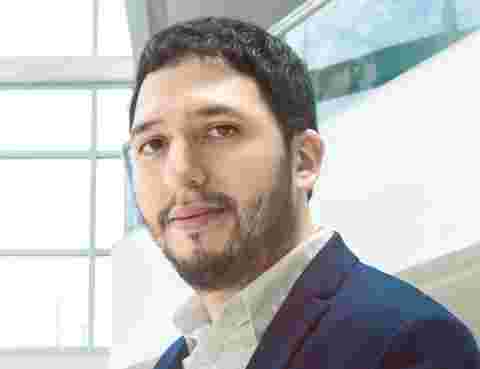
Miguel Nuñez del Prado
UPC, Peru

Miguel applies Artificial Intelligence and Big Data Analytics to DRM in the Healthcare system and for Human mobility. He currently serves as the Academic Director of the Management and Data Science Program at UPC. He also has collaborations with the World Bank's DRM-H global program and SAMOVAR at TelecomSud Paris. He holds a Ph.D. in Computer Science from the University of Toulouse, with research focusing on spatio-temporal Big Data and privacy protection. He is an experienced educator and innovative project manager, leveraging a strong background in Systems Engineering, Network Engineering, and Strategic Innovation Management. He is actively involved in graduate education, serving as an external mentor for the Stanford ICME Xplore Program and the Georgetown MSBA Capstone.

José Ochoa Luna
Universidad Católica San Pablo, Peru
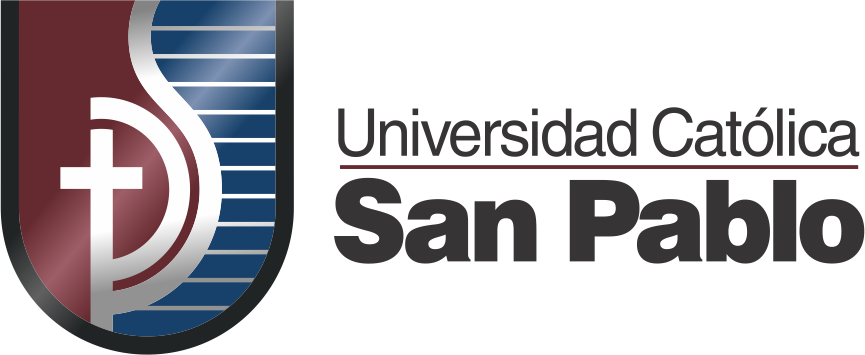
He holds a Ph.D. in Science (Engineering School at the University of São Paulo, Brazil) and a master’s in Computer Science (Federal University of Mato Grosso do Sul, Brazil). He is a faculty member in the Department of Computer Science at San Pablo Catholic University, where he is currently the coordinator of the Master's Program in Data Science and the director of the Research and Innovation Centre in Computing (RIC). He has experience in the field of Computer Science, particularly in Artificial Intelligence, with a focus on the following topics: Machine Learning, Deep Learning, and Natural Language Processing. He has published 42 papers and serves as a reviewer for top-tier Natural Language Processing conferences, including NAACL, EMNLP, and ACL.

Adam Sanchez-Ayte
Université Numérique en santé et en sport, France

Adam Sanchez-Ayte is an applied research scientist and neurosymbolic AI engineer focused on developing approaches to mitigate hallucinations in large language models (LLMs), basing their responses on knowledge bases. His experience spans the entire lifecycle of open-source LLMs, including strategic model selection, performance optimization, and deployment at multiple scales across diverse infrastructures, from local development environments to complex multi-GPU clusters. He combines deep theoretical knowledge to create transparent and reliable AI with the practical engineering skills needed to build, deploy, and scale impactful solutions, ensuring their seamless integration into larger applications.

Hugo Alatrista-Salas
De Vinci Higher Education, Paris, France

Hugo Alatrista-Salas is a full-time professor at De Vinci Higher Education in Paris, France. He received his PhD in Computer Science from the University of Montpellier, France, in collaboration with the University of New Caledonia. His thesis focused on spatiotemporal pattern mining from georeferenced data related to health and environmental issues. His research focuses on extracting knowledge from data using techniques such as pattern mining, machine learning, text mining and information visualisation. He is also the Chief Data Officer (CDO) at Ping4All, a sports and health technology company founded to promote people's physical and mental well-being worldwide. He also co-founded SIMBig, one of the most important conferences in Latin America.

Juan Antonio Lossio-Ventura
National Institutes of Heath, USA

Antonio works as a Research Scientist at the National Institutes of Health (NIH) in the United States. Within the NIH, I is a member of the Machine Learning Team based at the National Institute of Mental Health (NIMH-NIH). His professional background encompasses expertise and research experience in the following areas, with a specific focus on their application in health and biomedicine: (1) data science, (2) natural language processing (NLP), (3) machine learning, and (4) knowledge bases.
